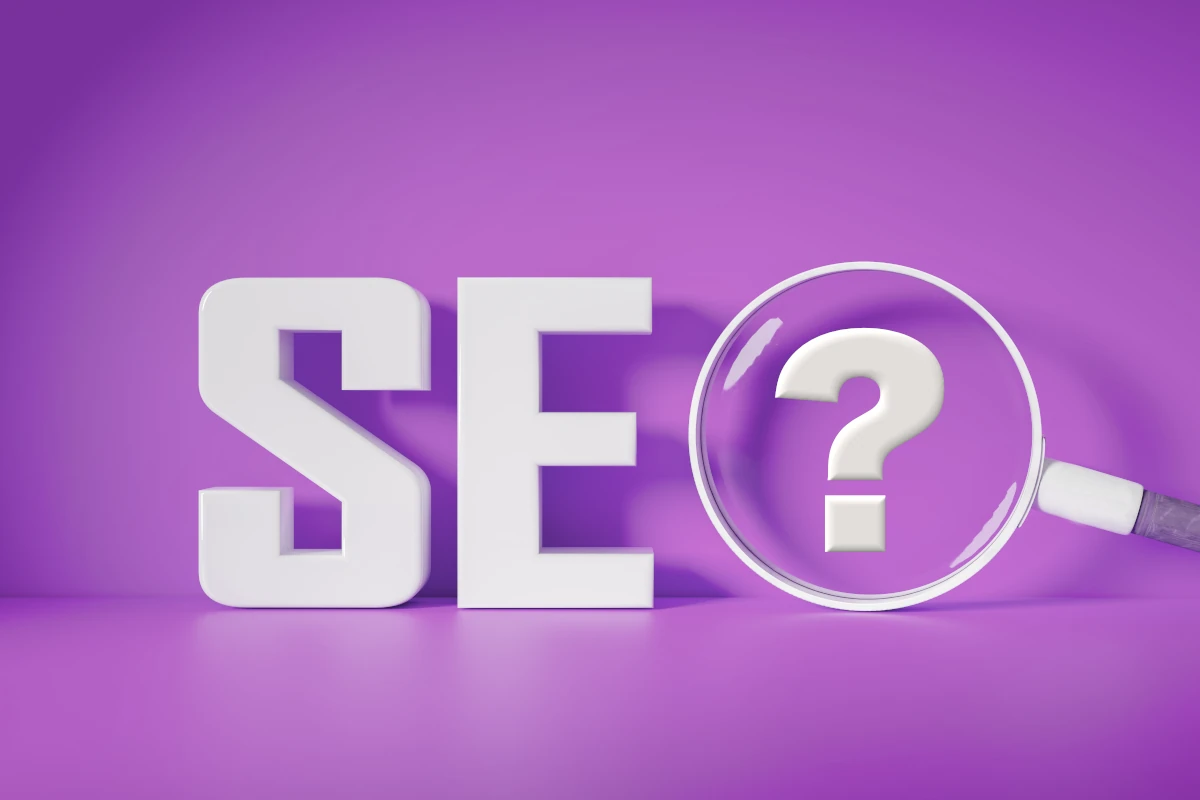
What is a Meta Tag in SEO?
In the competitive world of websites, grabbing user attention is key. Search Engine Optimization (SEO) is your secret weapon, and understanding its tools is crucial. One essential element, often mentioned but sometimes mysterious, is the Meta Tag. What is a meta tag in SEO? Let’s break it down and how it can supercharge your SEO strategy.
What is a Meta Tag in SEO?
Unwrap the anatomy of a Meta Tag.
Meta tags are snippets of code that provide metadata about a web page. In simpler terms, they offer information about the content on your page to search engines, helping them understand the purpose and relevance of your content.
These behind-the-scenes heroes play a crucial role in shaping how your website appears in search engine results. Let’s break down the essential components of a meta tag:
▼ 1. Title Tag
This is arguably the most critical meta tag. It defines the title of your page and is displayed as the clickable headline in search engine results. Crafting a compelling and concise title tag is an art that can significantly impact click-through rates.
<title>Your Title Here</title>▼ 2. Header Tags
Header tags, also known as heading tags or HTML heading elements, are HTML tags used to define headings and subheadings within the content of a web page. These tags are not only important for structuring the content of a webpage but also play a role in SEO by providing search engines with information about the hierarchy and organization of the content.
The most commonly used header tags are:
<h1>to<h6>Tags:<h1>represents the highest level heading, typically the main title of the page.<h2>to<h6>represent subheadings of decreasing importance.
▼ 3. Meta Description Tag
Beneath the title in search results, you’ll find the meta description. This tag provides a brief summary of the page’s content, enticing users to click through. While not a direct ranking factor, a well-crafted meta description can enhance user engagement.
<meta name="description" content="Your page description here. Keep it clear, concise, and enticing.">▼ 4. Meta Keywords Tag
Beneath the title in search results, you’ll find the meta description. This tag provides a brief summary of the page’s content, enticing users to click through. While not a direct ranking factor, a well-crafted meta description can enhance user engagement.
<meta name="keywords" content="Your, Keywords, Here">▼ 5. Meta Robots Tag
This tag instructs search engine crawlers on how to index and display your content. It can be used to prevent indexing, control follow or nofollow links, and more.
<meta name="robots" content="index, follow">
Why Meta Tags Matter in SEO
Cracking the code.
Meta tags are one of the main ways that a website communicates with search engine robots. We want them talking seamlessly. Afterall, meta tags:
- Improve Click-Through Rates (CTR): A well-optimized title and meta description can entice users to click on your link, increasing your CTR and potentially improving your search rankings.
- Enhance User Experience: Clear and informative meta tags contribute to a positive user experience, helping visitors quickly understand the relevance of your content.
- Increase Search Engine Visibility: Properly implemented meta tags make it easier for search engines to crawl and understand your content, positively influencing your website’s visibility in search results.
Best Practices for Meta Tag Optimization
Tasty tips to keep in mind.
Optimizing meta tags is crucial for improving search engine visibility and user engagement. Here are some best practices for meta tag optimization:
Unique & Descriptive
Craft unique title and meta description tags for each page, ensuring they accurately represent the content and attract eyes.
Stay Relevant
Align your meta tags with the content on your page. Misleading meta information can harm your website’s credibility.
Length Matters
Keep title tags under 60 characters and meta descriptions under 160 characters to ensure they display properly in search results.
Keywords
If applicable, include a few relevant keywords. Don’t overstuff with keywords though; focus on relevance.
Local Audiences
Include location-based information in meta tags for businesses targeting local audiences.
Schema Markup
Implement schema markup to provide additional context to search engines and enhance rich snippets.
Avoid Duplicates
Each page should have unique meta tags to avoid confusion for search engines and users. Duplicate content hurts you.
Monitor Performance
Use analytics tools to monitor the performance of your meta tags and adjust strategies based on insights.
Regular Review
The digital landscape evolves, and so should your meta tags. Regularly review and update them to stay relevant.
Satisfy Your Meta Munchies
Our team of SEO experts can help you craft compelling meta tags that showcase your website’s value and attract your ideal audience. Contact us today for a consultation and discover how we can help you achieve your SEO goals.
Need more SEO insights?
Explore our FAQ like a delightful dessert buffet. Click a question for a single bite or savor the entire knowledge base!
▼ Beginner SEO FAQ
How to Learn SEO
What is an SEO Campaign Strategy?
How to Identify Keywords for SEO
What is SEO Copy & How to Write SEO Content?
What is an SEO Title?
What is Meta Tag in SEO?
Why is Having Duplicate Content an Issue for SEO?
What Is On-Page & Off-Page SEO?
Why are Internal Links Important for SEO?
What are Backlinks & Link Building in SEO?
